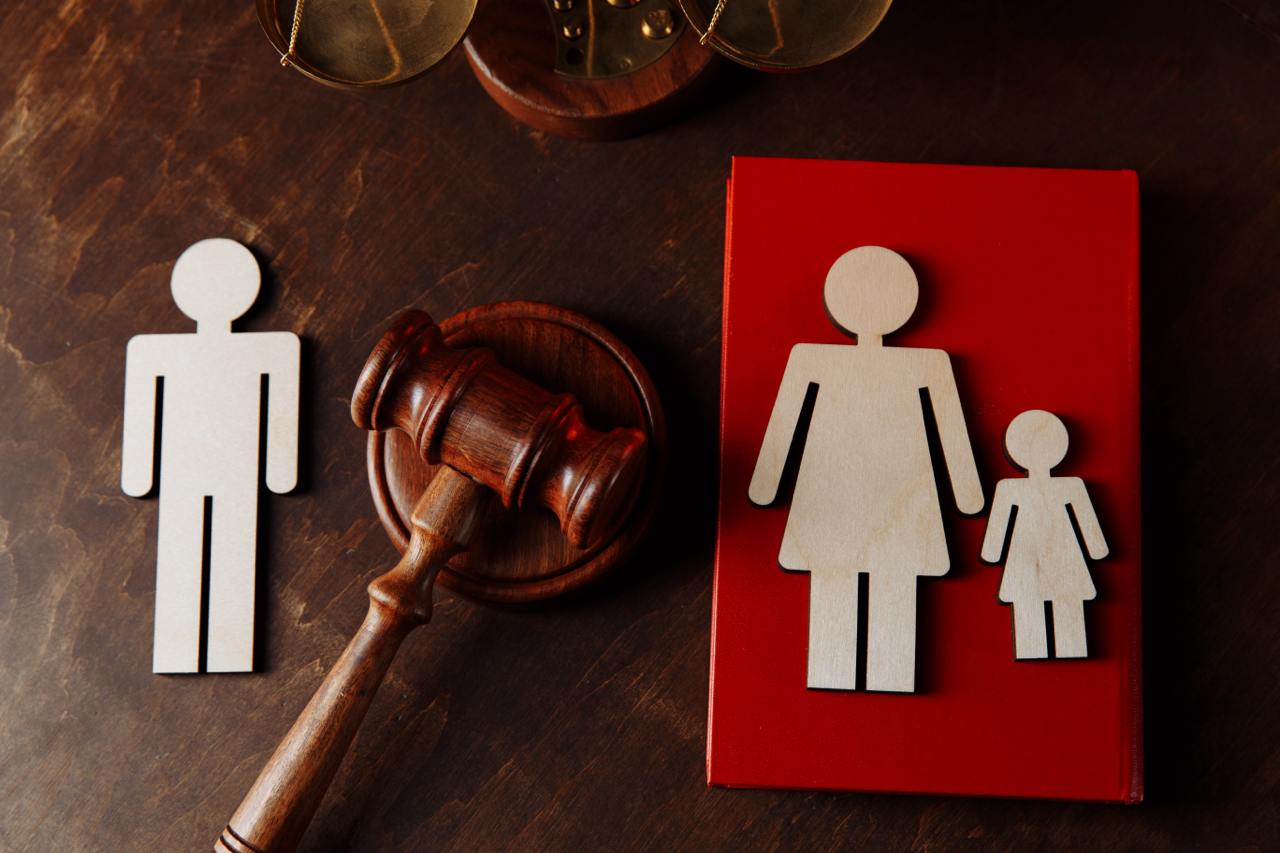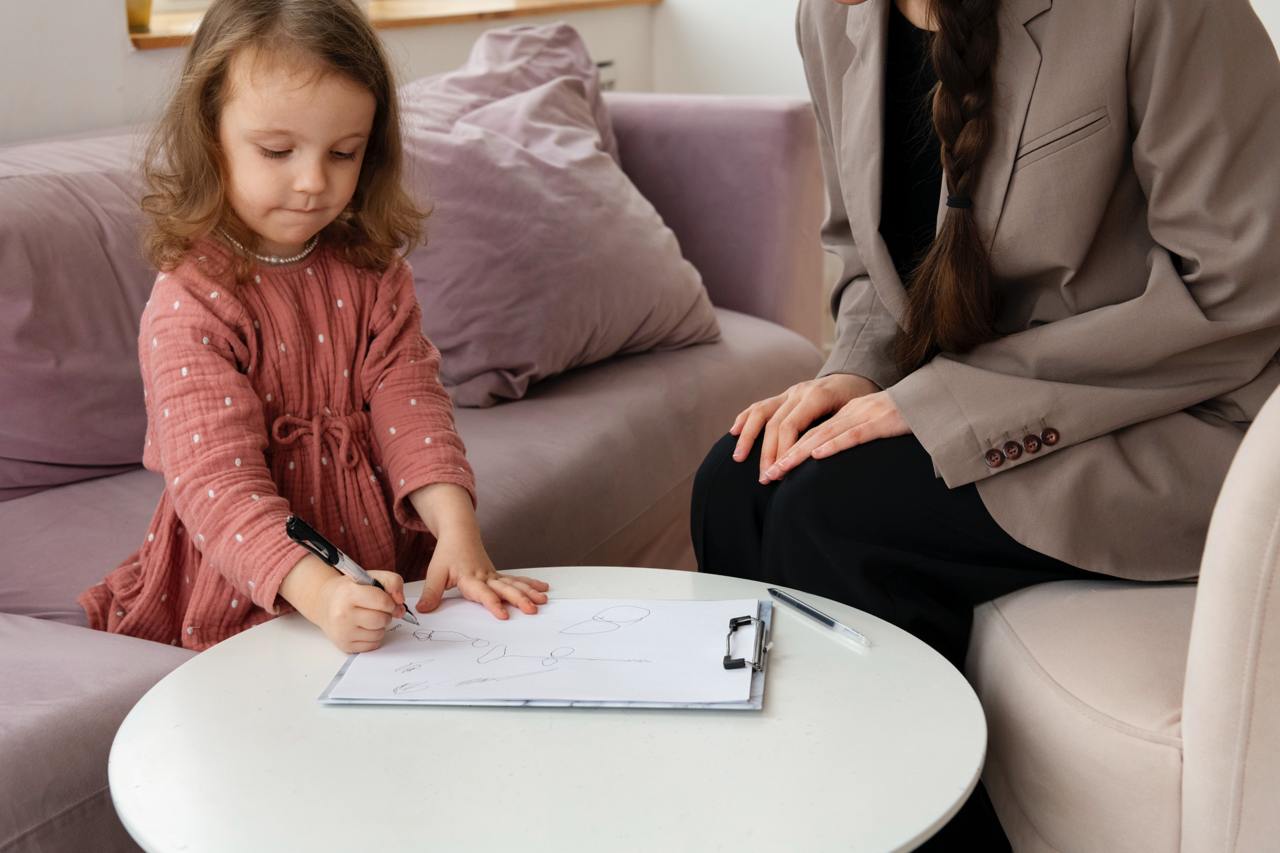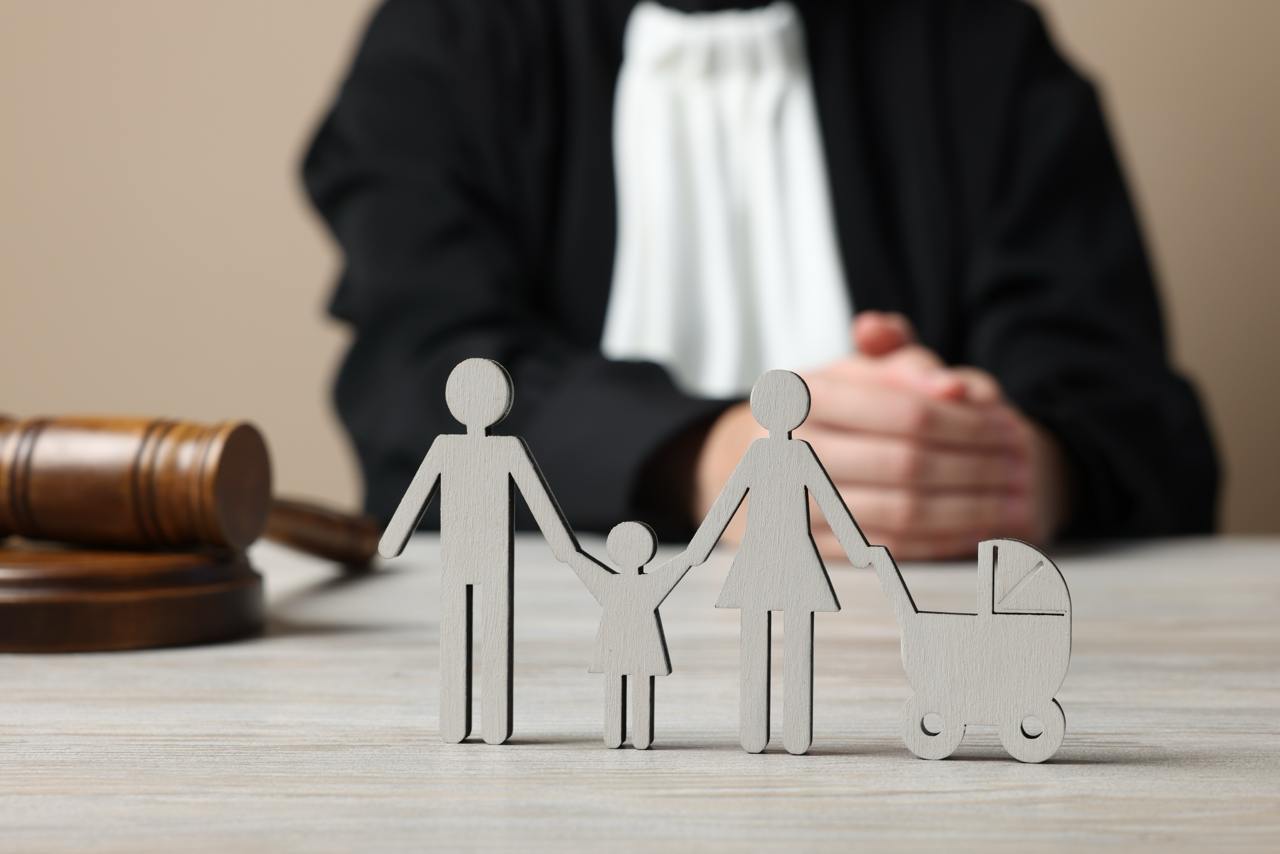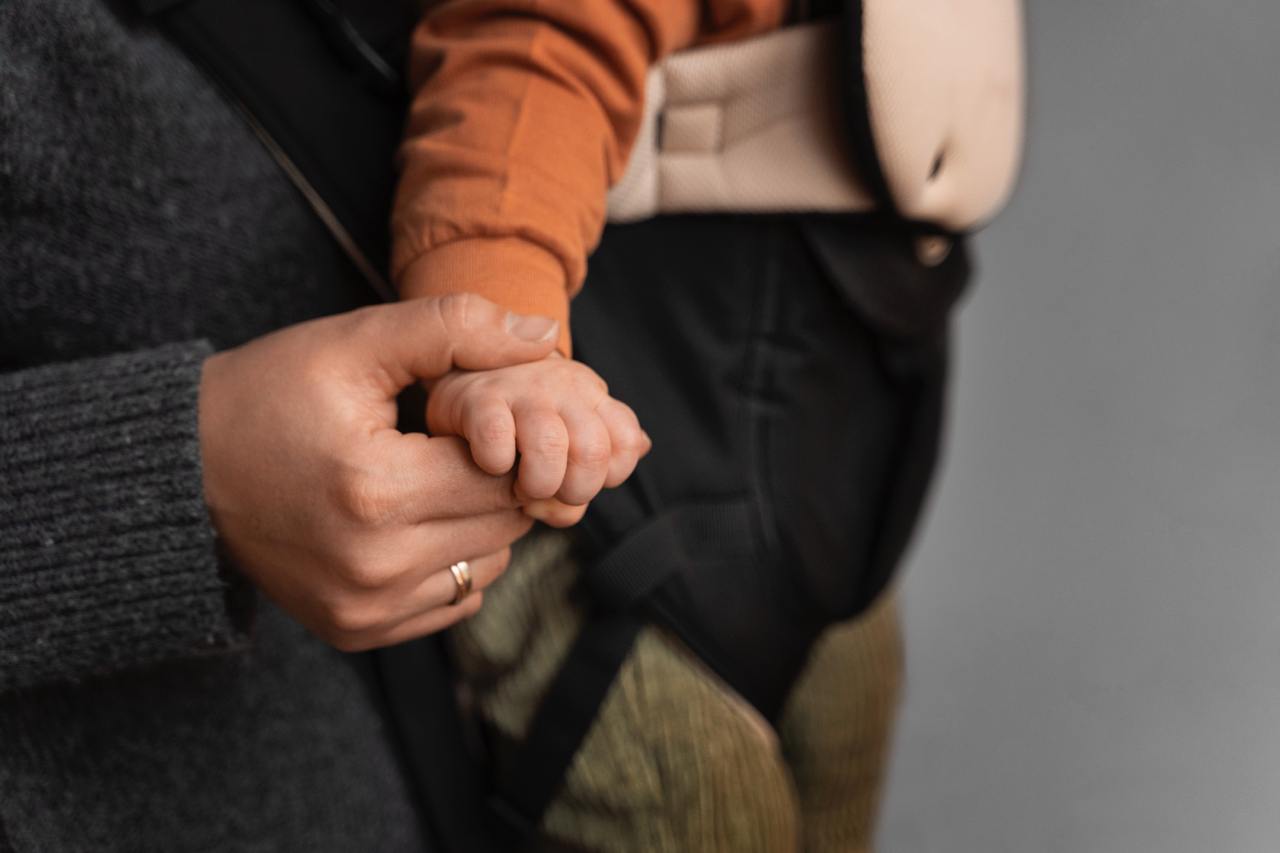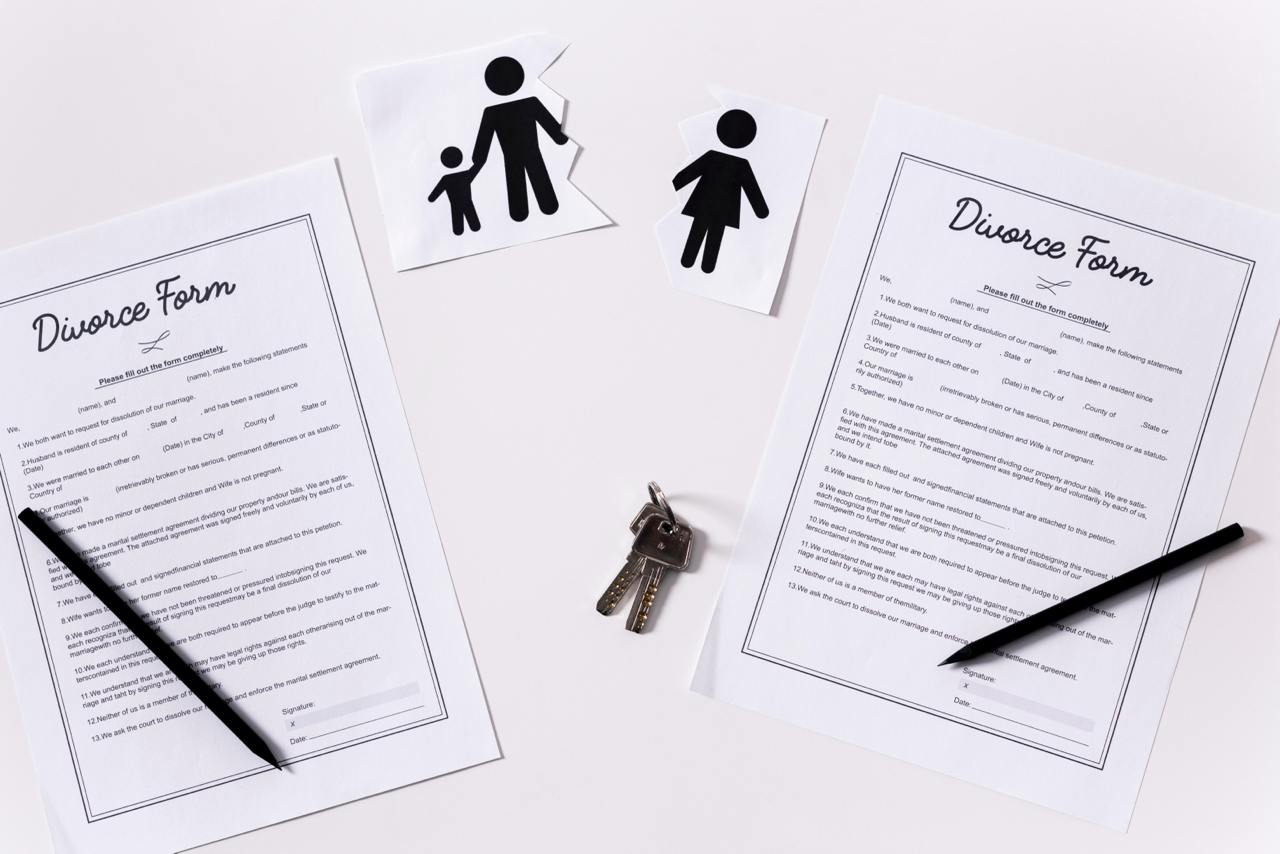
Experienced Family Lawyer for Parental Rights
Experienced family lawyers specialize in handling complex cases involving parental rights, custody disputes, and family law matters. They provide personalized legal support, ensuring that your rights and the best interests of your child are protected. Whether you’re seeking advice on parental rights restrictions or need assistance with custody arrangements, a family law attorney will guide you through every step of the process. Trust our expertise to secure the best possible outcome for your family.
How the court deprives parents of their rights
A claim for the denial of parental rights to one or both parents may be made to the court by one of the parents or guardians, the child’s trustee, the prosecutor, the commission on juvenile affairs, or another state agency.
The prosecutor and a representative of the guardianship authority must be summoned to court.
When the court deprives one of the parents of parental rights, the child is transferred to the other parent. When the court deprives both parents of their parental rights, the child is transferred to the guardianship authority.
Parents who have been deprived of parental rights by the court lose the rights of parents in relation to the child: the right to participate in upbringing, the right to receive maintenance from the child when the child grows up, the right to receive a pension in case of disability and death of the grown-up child, the right to be the legitimate heir of the child.
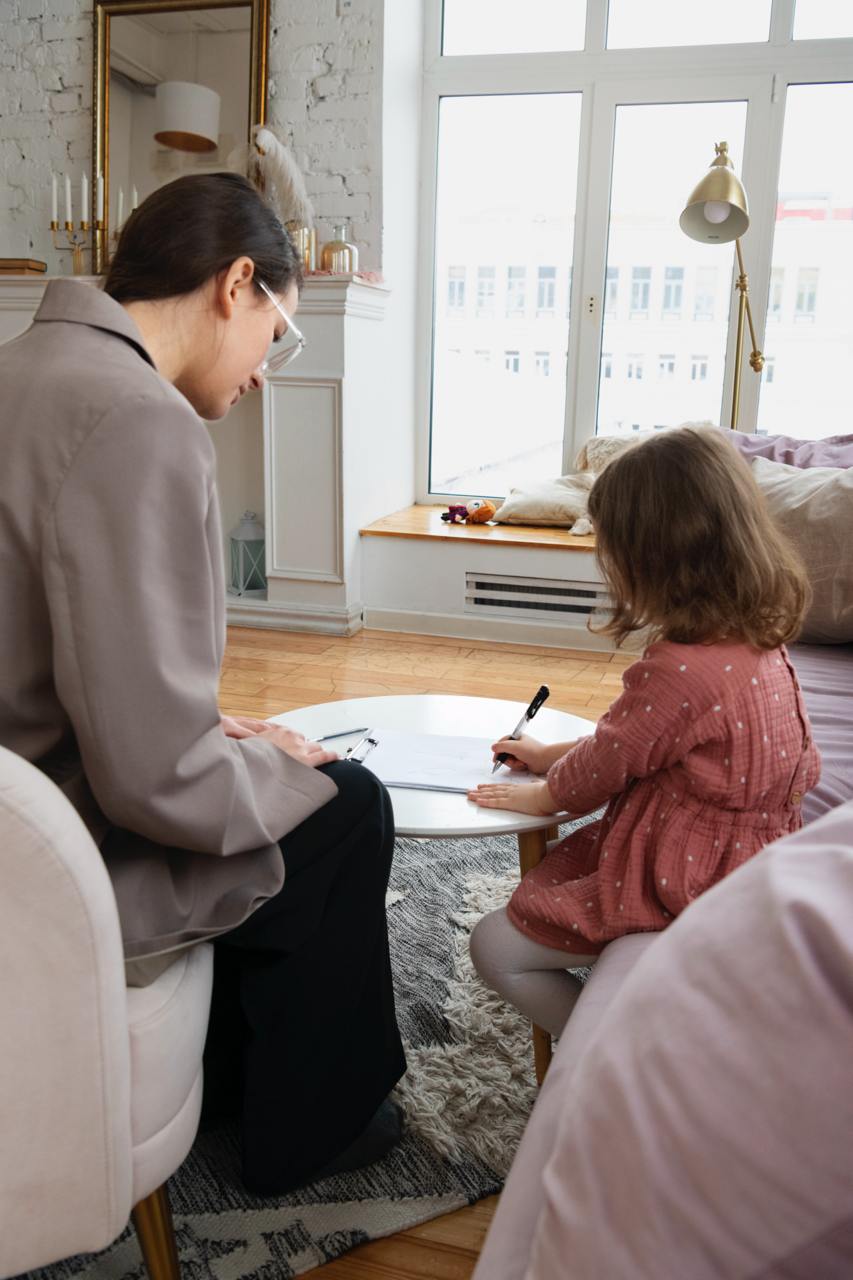
Communication with the child of parents deprived of parental rights
At the request of parents who have been deprived of parental rights by the court, the guardian, the trustee of the child may allow such parents to communicate with the child or refuse to communicate. When the parents deprived of parental rights, the trustee or guardian refused to communicate with the child, the procedure for such communication will be determined by the guardianship authority in the interests of the child. In this case, the guardianship authority will take into account the desire to communicate with the parents of a child from the age of 10. In the decision on the order of communication with the child, the guardianship authority will indicate the place, time and order of communication.
If communication does not meet the interests of the child, the guardianship authority will prohibit communication. A parent deprived of parental rights can appeal against such a ban in court.

Consequences of taking a child away
When a child is removed from their parents, they must still participate in the child’s upbringing through a child protection plan. Communication with the child requires consent from guardianship authorities or the individuals caring for the child, unless it contradicts the child’s best interests. If a guardian refuses contact, the agency will establish the communication terms. Children over ten years old have their wishes considered. Disagreements with guardianship decisions can be resolved in court, which may return the child if removal reasons no longer exist.
Who Cannot Be Deprived of Parental Rights?
Parental rights can only be revoked under specific circumstances outlined by law. Parents cannot be deprived of rights unless they engage in actions like evading child upbringing, treating the child cruelly, leading an immoral lifestyle harmful to the child, or abandoning the child for adoption. Furthermore, if the reasons for the child’s removal by authorities (such as health-care institutions) are resolved within six months, parental rights may not be revoked. Parents who refuse to take their child from a hospital without valid reasons may also face consequences.
Our Services
Reasons for Removing a Child from Parental Care
FAQ
Yes, the biological father’s parental rights can be deprived under such circumstances. If the father engages in behavior that endangers the child’s well-being, such as substance abuse, neglect of parental duties, and failure to provide financial support (alimony arrears), these are valid grounds for parental rights deprivation. The court will assess whether his actions adversely affect the child’s health, development, and overall safety.
No, parental rights typically apply to children under the age of 18, or until they reach financial independence. If the child is over 18 and pursuing higher education, the father’s parental rights cannot be revoked based solely on the child’s age or education status. However, if there are other significant factors, like neglect or abuse, those could still influence legal decisions regarding parental rights.
Yes, even if a biological parent’s parental rights are revoked, the child still retains inheritance rights from that parent. The child can inherit from the parent unless specifically disinherited in a valid will. Parental rights deprivation typically does not affect the child’s legal claim to inheritance under the law.
Regaining parental rights is possible if the parent demonstrates significant positive changes in behavior and proves that the child’s well-being will no longer be compromised. However, if the child has already been adopted by another person, the adoption severed the biological parent’s legal rights, making it extremely difficult or impossible to restore those rights without the adoptive parent’s consent.
Yes, the child’s wishes are considered in court, especially if the child is over a certain age (usually around 10 years or older). The court takes into account the child’s emotional and psychological well-being, and their opinion can influence decisions on both deprivation and restoration of parental rights, depending on the case’s specifics.
Yes, a man who has been deprived of parental rights to his biological child can adopt his future wife’s child, provided he meets the legal requirements for adoption. The key factors are his ability to care for the child and his legal eligibility to adopt. The adoption process would require approval by the relevant authorities, including a review of his personal circumstances.
Yes, a parent’s conviction for a serious or especially serious crime can be grounds for the deprivation of parental rights, especially if the crime poses a direct risk to the child’s well-being or safety. The court considers whether the crime affects the parent’s ability to care for and protect the child, which could lead to the termination of parental rights.
While large arrears of alimony alone may not directly result in the deprivation of parental rights, it can be a contributing factor if the non-payment of alimony indicates neglect or irresponsibility on the part of the parent. If the failure to provide financial support affects the child’s well-being or shows disregard for parental duties, the court may consider this behavior when making decisions about parental rights.
Contact us
-
LawyerLegal assistance is provided by advocate Anton Grinewich, Specialized Legal Bar No. 2 in Minsk.
-
E-mail
-
AddressOffice: 1 Krasnaya str., Minsk, Republic of Belarus Postal address: 1 Krasnaya str., Minsk, Republic of Belarus
-
Working hoursMonday-Friday 9:00-19:00






